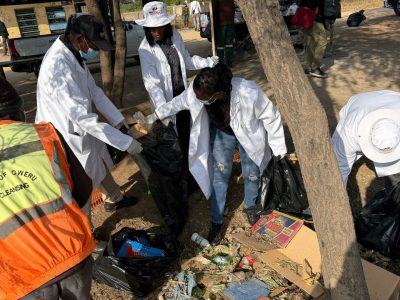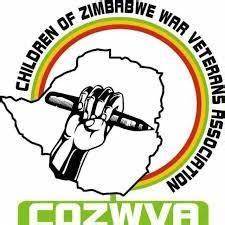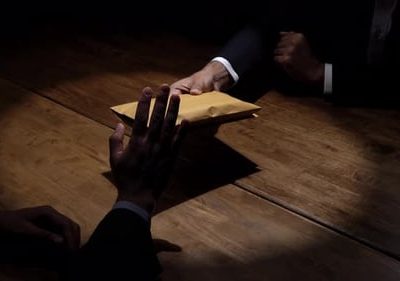Patson T. Dzamara tombstone unveiling was conducted Sunday 26th September 2021 from 9am- 2pm.The Activist’s unveiling was done at Nyamakosi Village, Mtoko with his priceless question on the disappearance of his brother Itai still unanswered even from his grave.
Present was MDC Alliance President Advocate Nelson Chamisa and other dignitaries who stood arms and shoulders in their quest to find Itai suspected to have been abducted by state security agents.
It was the painful, burning question that drove Patson Dzamara for the past five years of his life.
But the 34-year-old Zimbabwean activist, who was struggling to get the urgent treatment he needed for colon cancer, did not live to get an answer. He died end of last year.
Itai was abducted in March 2015 after coordinating months of small but relentless daily sit-ins in downtown Harare, where he would fearlessly hold up a sign that read “Failed Mugabe Must Step Down”. Such public criticism of the aging autocrat was almost unthinkable, and Itai and his small group of fellow protesters were frequently targeted by police.
Suspicions over Itai Dzamara’s disappearance fueled anti-Mugabe protests
Three years ago Patson had not been very political prior to the abduction of his journalist-turned-activist brother, who was seized by unidentified men many including Patson believe were state security agents.
The state denies involvement, and maintains that it has no knowledge of Itai’s whereabouts.
But Itai’s disappearance, and the void of information about his whereabouts that continues to this day, catapulted Patson into action and also made him a target.
In his famous solo protest at Zimbabwe’s Independence Day celebrations in 2016, Patson walked out in front of many ruling party officials, including then-president Robert Mugabe, holding a banner spelling out his still-unanswered question: “Where is my brother Itai?”.
The banner also read: “Independent but not free”, referring to Zimbabwe.
He was bundled away by state security agents, and afterwards described how he had been assaulted and interrogated.
“This path was not his intention, but he became so enraged when his brother was disappeared,” said Rufaro Kaseke, an activist and film producer who travelled with Patson in the United States in 2016. “We would talk late into the night, and every conversation would somehow come around to Itai.”
While continuing to push the Zimbabwean state for answers about the fate of his brother, Patson became known as a powerful voice of dissent, fighting for democratic reforms and against the abuse of human rights.
“When Itai was abducted, Patson stepped up and became the representative of the family. But he didn’t remain just the family representative, he became an activist in his own right,” said Dirk Frey, who had protested alongside Itai.
This activism came at a great cost.
Patson narrated ordeal after ordeal arrests, detentions, physical assault. He also described being surveilled he nervously looked around even as he sat in a hotel cafe and an incident in which he was sure his car had been tampered with.
Given the apparent threats against him and the grinding difficulties of daily life in the country, his determination his certainty of the possibility of a better Zimbabwe was particularly striking.
In an outpouring of sorrow on social media and beyond, Zimbabweans yesterday thronged Mutoko where he was buried and remembered Patson’s humour, passion and bravery in standing up for the rights of Zimbabweans.
Nelson Chamisa, leader of the Movement for Democratic Change Alliance opposition party, of which Patson was a member of the national executive, said he was “devastated” by Patson’s death.








Comments